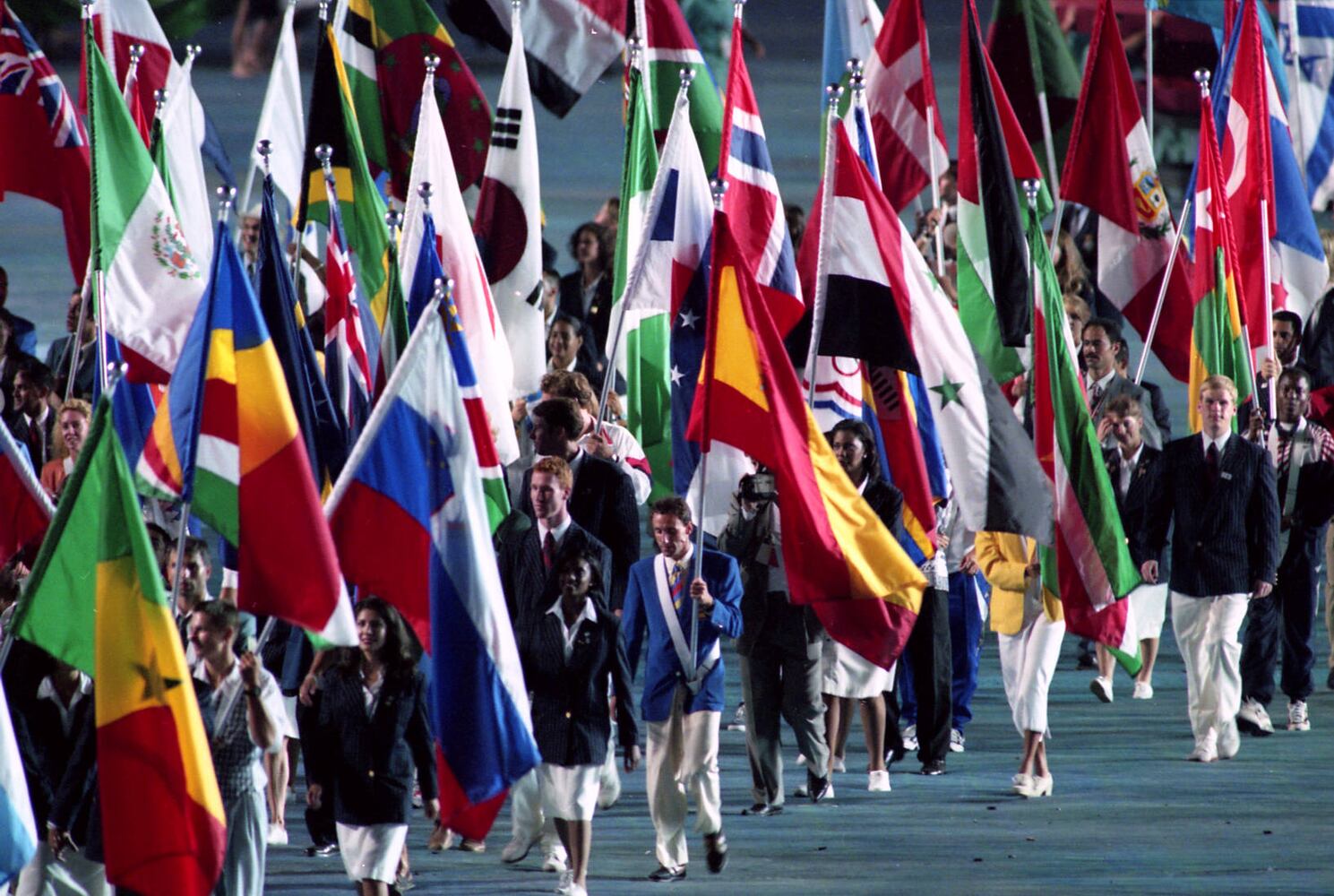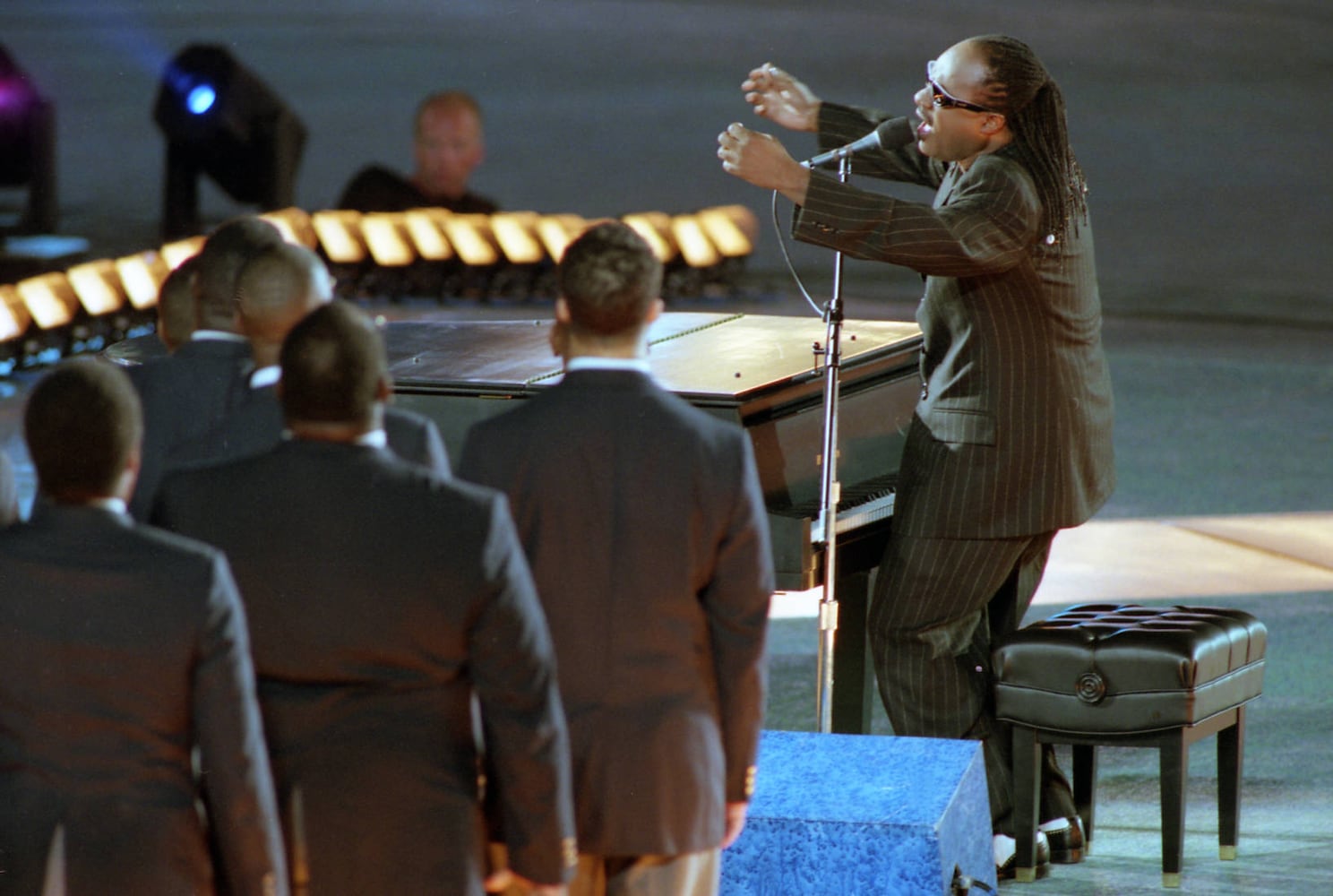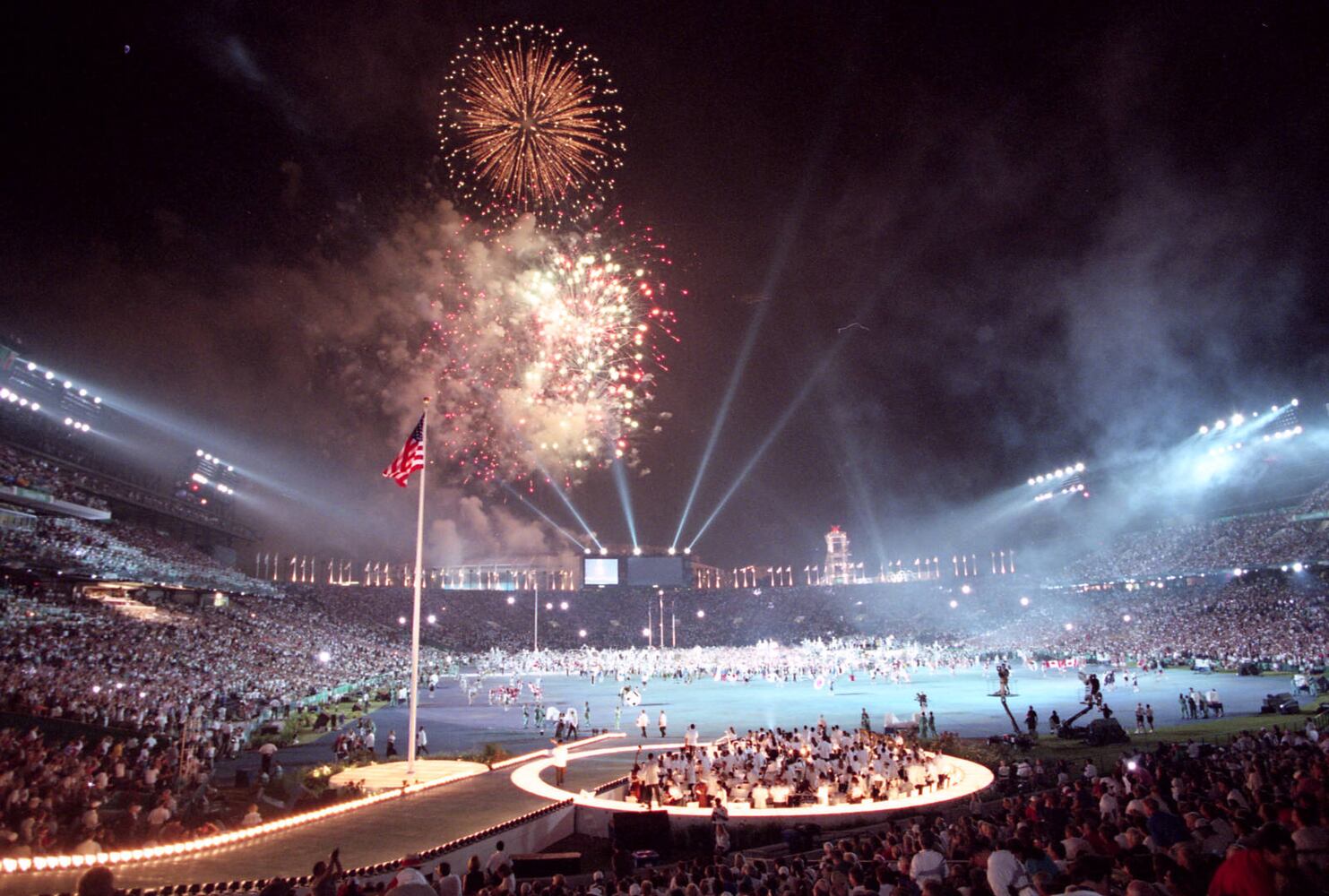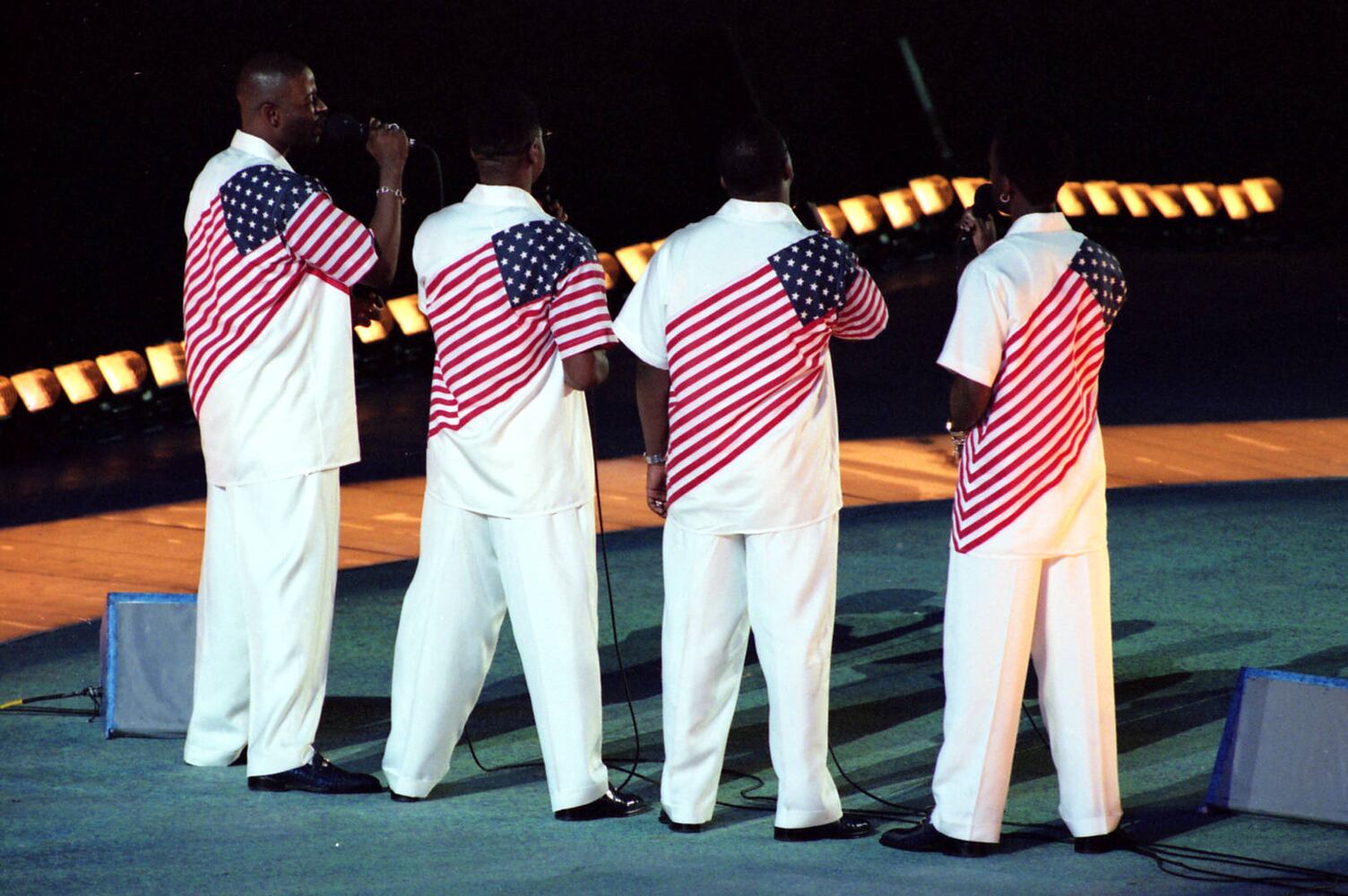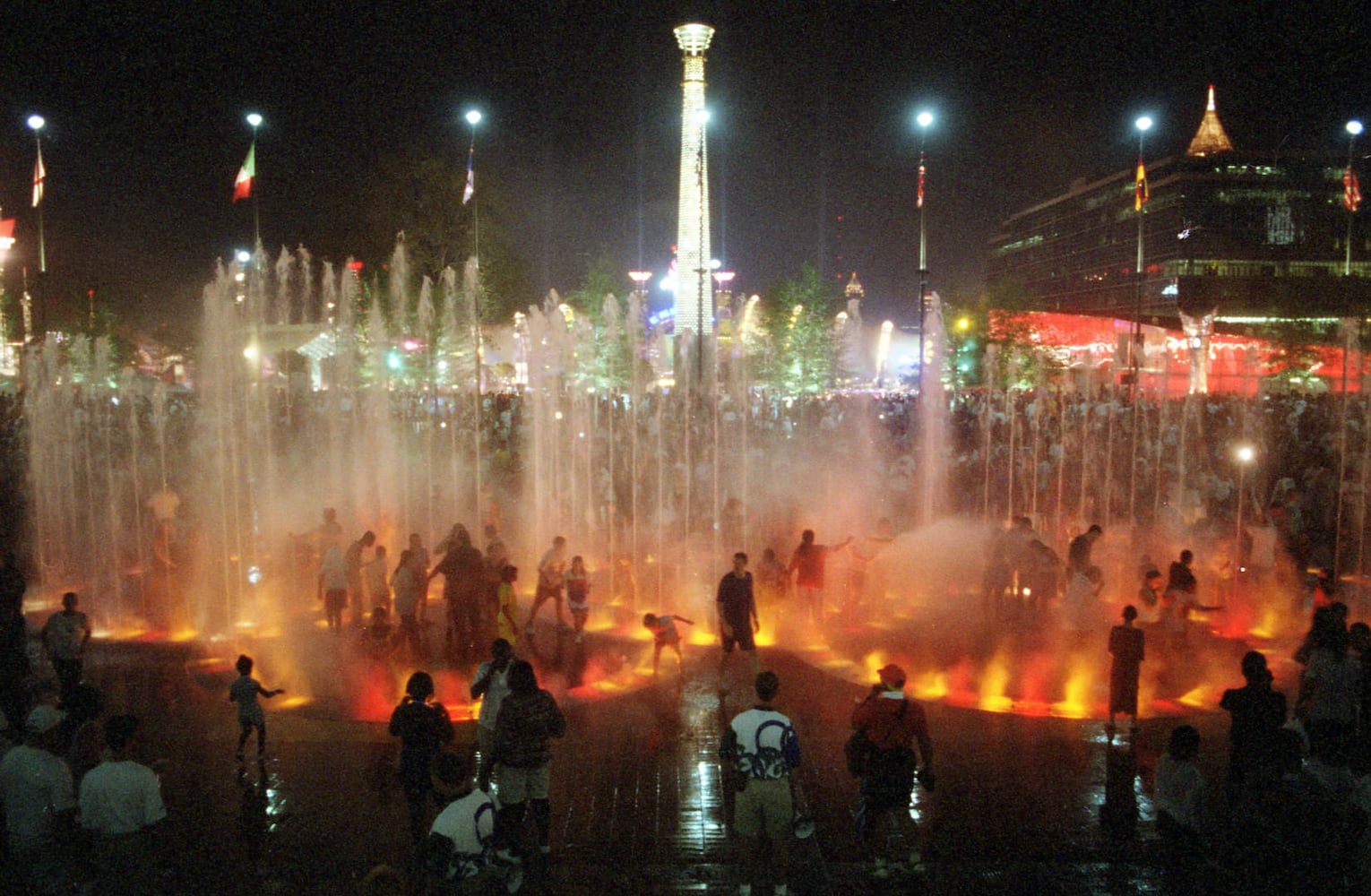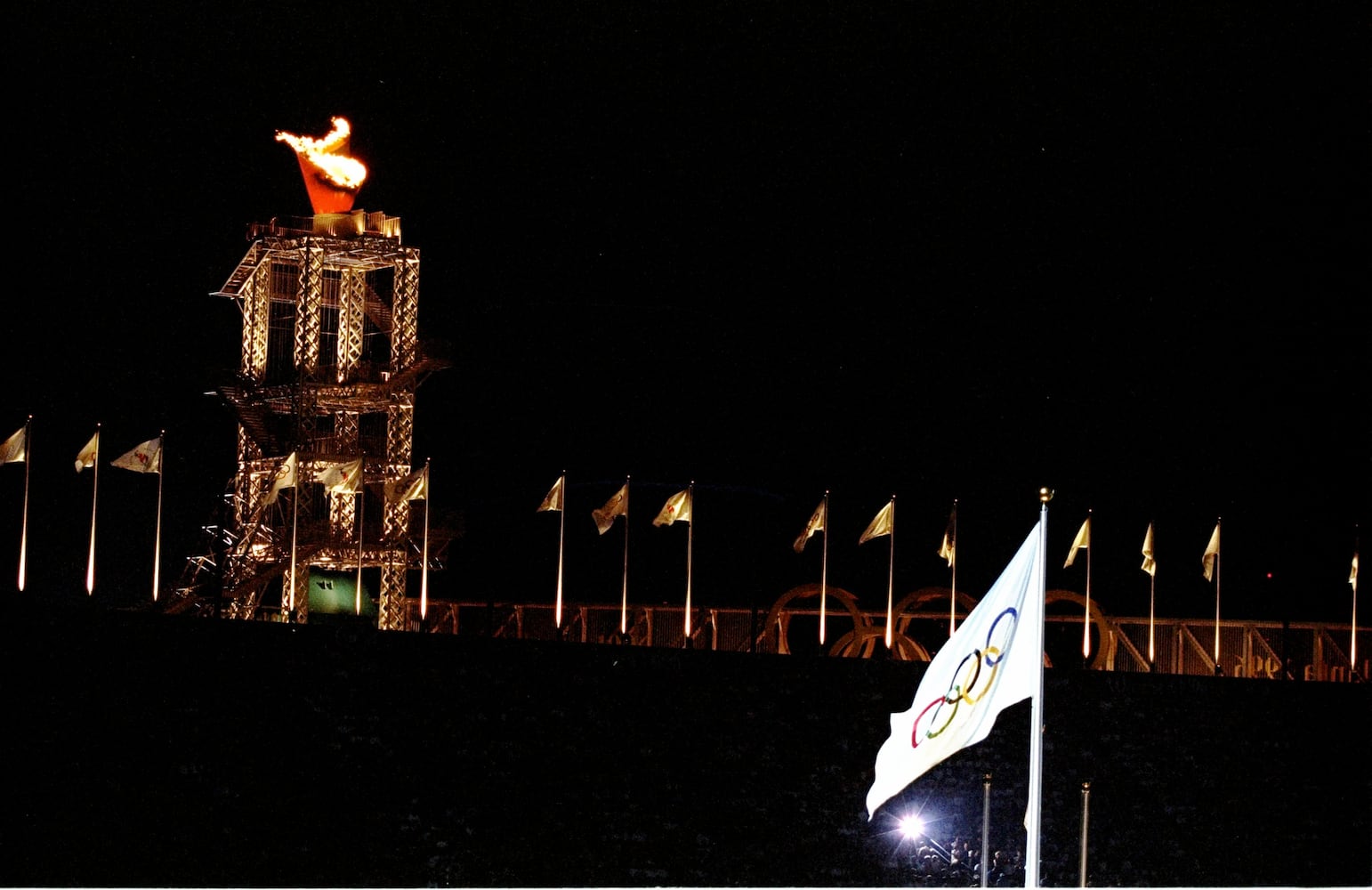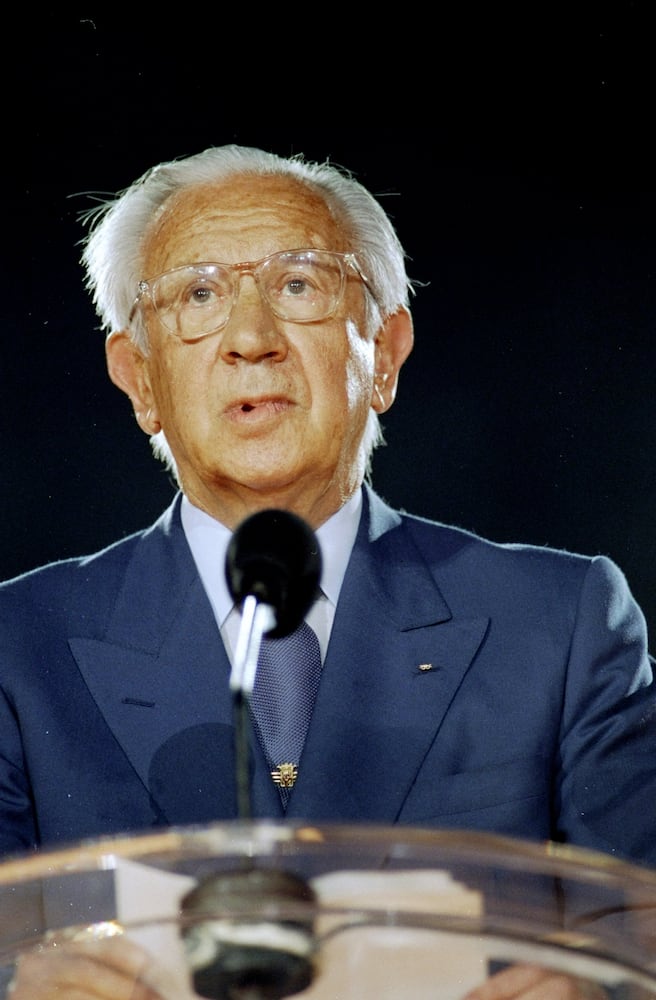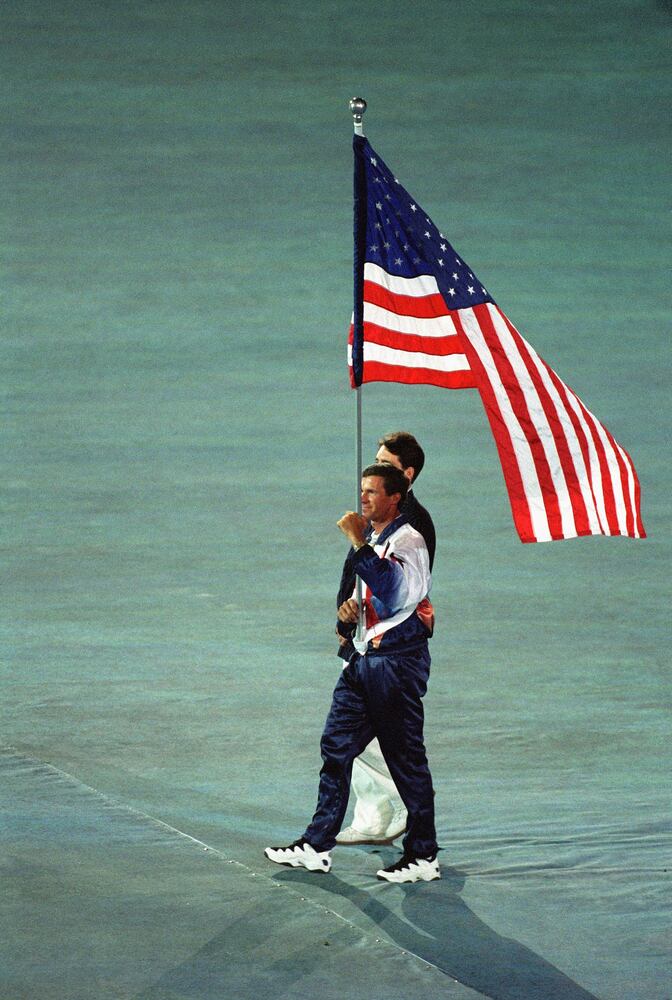In July and August 1996, the world sent its finest athletes to Atlanta. Some athletes came as familiar names from familiar nations. Others had toiled in obscurity. Each came proudly to Atlanta, and Atlanta received them in the same manner. To commemorate the 20th anniversary of those Summer Games, the AJC sports content team offers 20 memorable athletes and performances.
The second in the series: Each International Olympic Committee nation sent representives to the Games.
All parties have their stragglers, and the 1996 Summer Olympics were no different.
The International Olympic Committee sent out invitations to 197 nations, and 195 had responded affirmatively by the Nov. 15, 1995 deadline. Only Afghanistan and North Korea failed to reply. Afghanistan accepted in December, and North Korea offered its acceptance in early January.
It made the Atlanta Olympics the first in the post-World-War-II era that all nations affiliated with the IOC competed in the same Games.
Of the 197, 14 nations competed in the Olympics for the first time. Another 10 sent athletes to their first Summer Olympics, having made their Olympic debut in Lillehammer in the 1994 Winter Games. The 24 debuting nations included 11 ex-Soviet nations. Russia competed independently for the first time since 1912.
Among the new delegations were hopes, dreams and legends.
Perhaps the most memorable debut belonged to Burundi, the African nation that had suffered civil war, genocide and mass poverty in years leading to its first Olympics. Venuste Niyongabo was one of seven athletes to represent Burundi, all in track. Niyongabo had earned bronze in the 1,500 meters at the 1995 world track championships and figured to be a medal contender in Atlanta.
However, Niyongabo decided to run the 5,000 instead, figuring that his chances were better in that race, despite the fact that he had run that distance only twice in international competition. He emerged the winner, the first — and to date, only — medal winner in Burundian history.
His nation had been destabilized by a military coup only days earlier.
“All I want is peace for my country,” he told reporters. “I hope this can help the healing.”
Fighting ended nine years later, in 2005. Poverty and government instability continue to plague his nation. The 1996 Olympics would prove the highlight of Niyongabo’s career, which later was plagued by injuries.
Another nation new to the Olympics was Nauru, which sent weightlifter Marcus Stephen.
“It’s a fairy tale,” his father Lawrence Stephen told the AJC in 1996. “Now boys and girls all over Nauru are saying, ‘If Marcus can do it, why can’t we?’”
He did not medal, but his journey was only beginning. Nauru is a tiny Pacific island nation, home to about 9,500 citizens. About twice the size of the city of Decatur, it is fewer than 20 miles around the island.
He rose to become president of his nation in 2007 and became a voice for a climate-change treaty, speaking before the UN General Assembly and at its annual climate conference. He had op-eds published in two of the world’s leading newspapers, the New York Times and the Guardian of England.
In 2011, as bitter factions divided the parliament, Stephen resigned the presidency amid charges that he had been seeking kickbacks on a phosphate deal, allegations Stephen reportedly called “unwarranted and malicious.” He remained in parliament and was re-elected in 2013.
Every Olympian has a story to tell, and the 1996 Olympics provided the stage for more than had ever been told, including two of the more unlikely in the history of the Games.
About the Author
Keep Reading
The Latest
Featured
